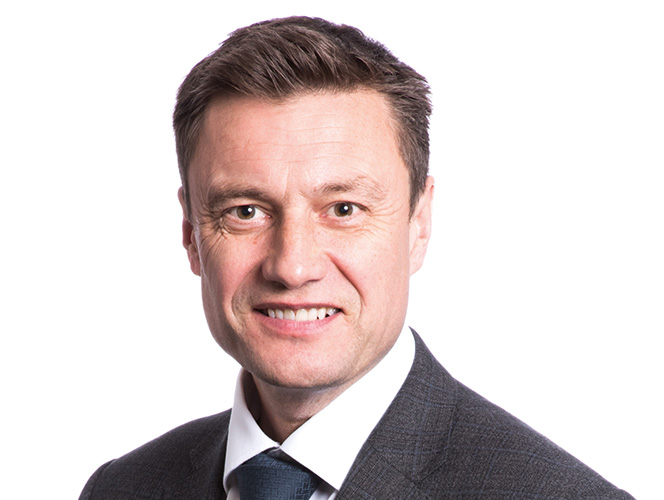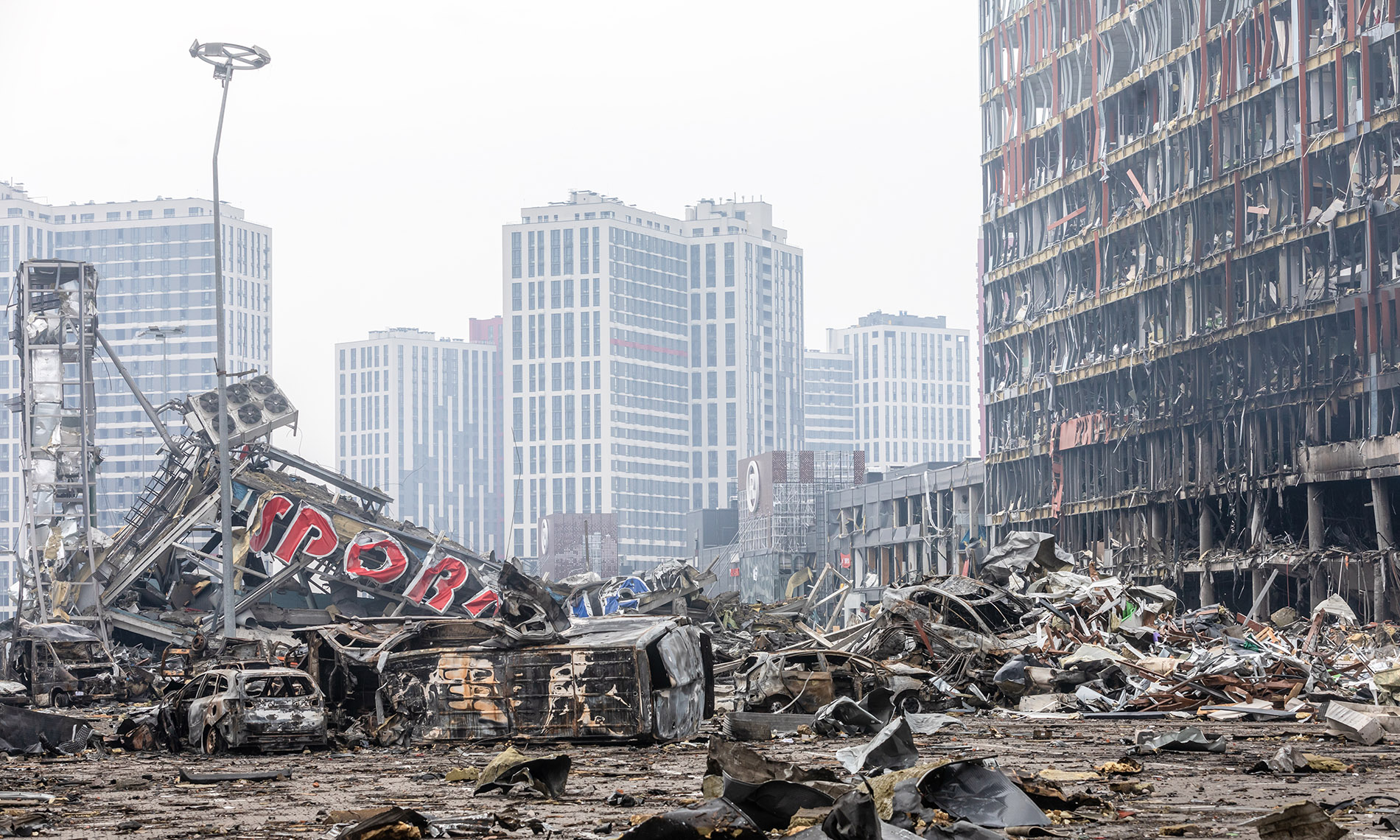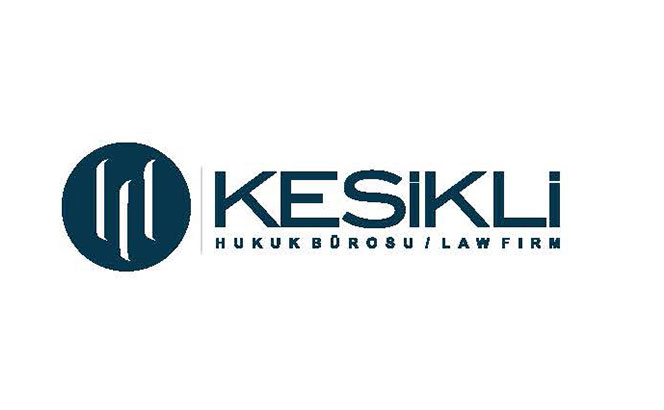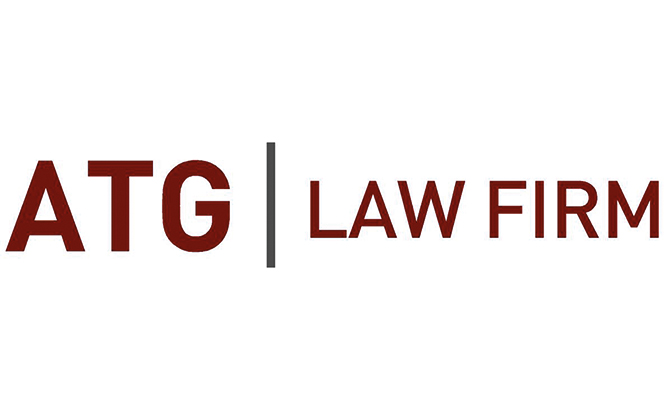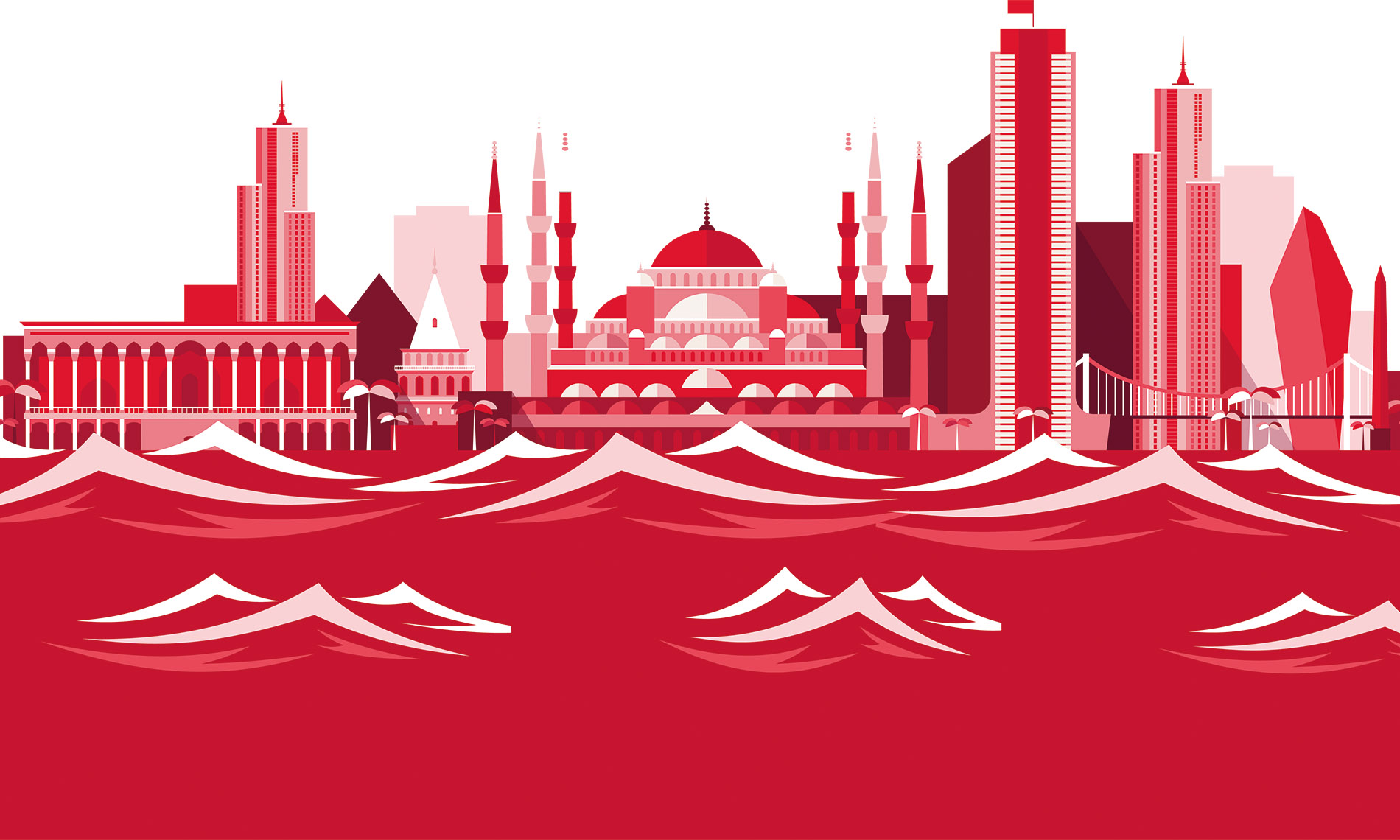
Turkey is still defined as an emerging market economy; over the last 20 years, it established itself increasingly among the top-25 global markets, but could not maintain this upward trend in recent times. Recently, it has had to face a currency crisis due to the Turkish lira decreasing dramatically in value. At the same time, inflation levels are skyrocketing, which is especially reflected in high prices for food and drink. Adding a global pandemic to the mix is certainly another spanner in the works, but according to Osman Ertürk Özel, managing partner at ÖZEL Attorney Consultancy: ‘The economic recession in Turkey existed a year before the beginning of Covid. It just made this situation obvious. Serious fluctuations in currency along with over 100% inflation rate have deepened the existing economic crisis. This has caused a disruption in all kinds of production in the markets. The fact that banks kept up the markets through loans has greatly disrupted the balance.’
To blame for this development, at least in part, is Turkey’s president Recep Tayyip Erdoğan. His name has dominated the Turkish political scene for a long time. In 2001, his party AKP (Justice and Development Party) was created, and it quickly rose to power. Even though Turkey’s constitution established the country to be a secular state, AKP is traditionally favoured by religious conservatives and is in western media often referred to as a (mildly or reformed) Islamist party. At the same time, the party pursued a pro-liberal market economy and is keen to join the European Union. It seemed to be the recipe for victory: only a year after its formation, it had a sweeping success in the 2002 election, gaining an outright majority in parliament. After having a moderate stronghold over the political landscape for several elections, Erdoğan finally became president in 2014. However, only five years later, local elections marked the beginning of the end for the current leader. He and his party lost significant footing in major Turkish cities due to accusations of mismanagement of the Turkish economic crisis, its shortcomings during the Syrian refugee crisis as well as rising authoritarianism. After year-long rule, AKP also lost all support with Turkey’s largest ethnic majority, the Kurds. Officially, 2023 is a year for new elections and opposition parties are gearing up for it, but Erdoğan is doing everything he can to hold on to power.



